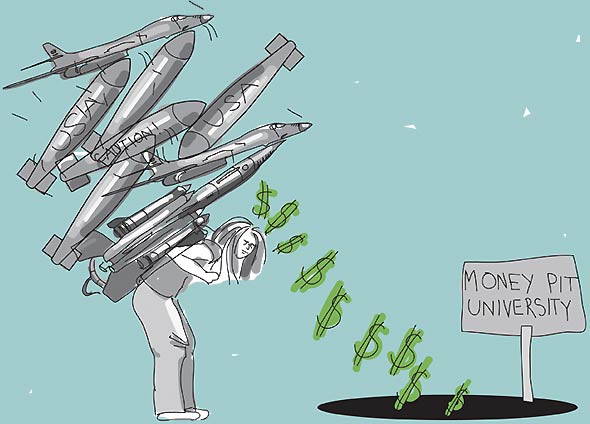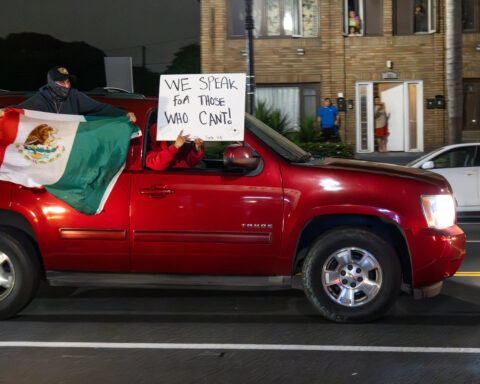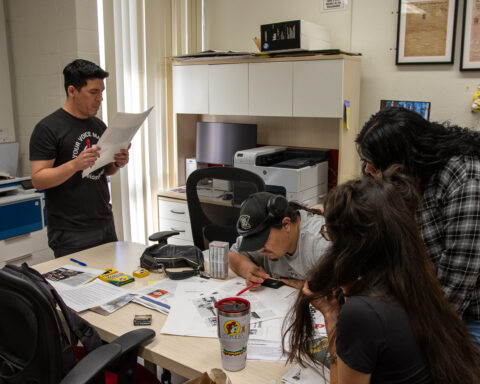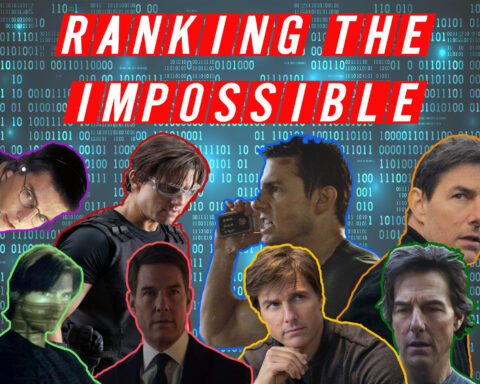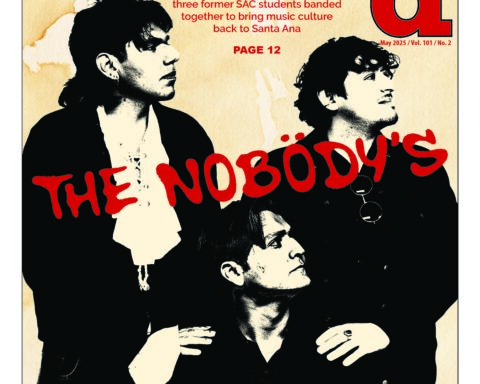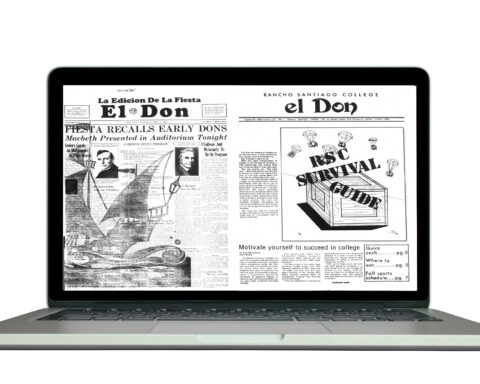College students face the challenge of finding a national identity in Post-9/11 America.
For half of my life, I have lived in a country at war.
I have seen flag-draped coffins carrying some of our country’s best and brightest home to rest and I have heard hateful and ignorant speech from average citizens and politicians.
I am part of the 9/11 Generation. We have grown up in a culture that rationalizes violence and invasion. Today’s college students face the challenge of finding within us a national identity despite our tainted international reputation. Our niche in the generational landscape is akin to Albert Camus’ “Century of Fear,” during which reasoning with ideologies was a futile struggle with post-World War II nationalism.
During a recent visit to New York, I set aside time to visit Ground Zero.
Even amid the din of the city, I was alone with my thoughts.
It was the single most uncomfortable experience of my life.
I remembered seeing the smoke spewing from the World Trade Center towers as my mother turned off the TV and drove me to school. I remembered how, days after the attacks, I heard my father say a prayer at the dinner table for the first time in my life.
I was in the sixth grade, and I felt lost.
Walking into St. Paul’s Chapel, adjacent to Ground Zero, I remembered a conversation from years past. I was talking with some of my friends. We were ridiculing another student because he told us that his father thought a war in Iraq was wrong.
I was 12 years old. I did not know where Iraq was, let alone the cost of war. But we knew from what we heard on TV that Iraq was dangerous and that war was the only answer.
The invasions of Afghanistan and Iraq have affected the 9/11 Generation greatly.
The 9/11 Generation has been exposed to pro-war propaganda for more than a decade, leading many to enlist and others to resist, fueling the tension between supporters of the war and those that wanted us to stay out of the Middle East.
Post-9/11 nationalism, fueled by ignorance, fear and tinged with a hint of revenge gave way to jingoist policies that have cost our country trillions of dollars and thousands of lives. Now we have been conditioned to respond to what Edward Said referred to as the idea of The Other.
First, we were fighting al-Qaida. Then it was the Taliban. Then we got into Iraq and fought a dictator, all behind the guise of fighting an anti-American ideology. One of the reasons we have failed in Afghanistan is because ideologies cannot be fought, only people. We see the Middle East as a threat, but we have become as much a danger to ourselves as they are to us.
Anti-American sentiment is growing. The 9/11 Generation is tired of 10 years of policies that have threatened our safety. We are more prone to another attack now because of the way we impose our moral authority. The scariest part is that our politicians believe that we are justified in invading other countries because our way of life is right and theirs is wrong. This is the same mentality that justified the Crusades.
No longer are we fighting the good fight. We are practicing American imperialism.
- The two-party system is failing us. - October 19, 2024
- Read our Fall 2023 Print: Vol. 100 No. 1 - October 23, 2023
- Santa Ana College Awarded State Department of Finance Grant - April 2, 2015



